
However, this is also a place to test sustainable values, because with new regulations and requirements on supply chain assessment of the European Union (EU), Vietnamese export enterprises face the risk of being eliminated from the global value chain if they do not adapt promptly.
Risk of being eliminated from the supply chain
According to the Vietnam Federation of Commerce and Industry (VCCI), major economies in the world are gradually transforming their approach to supply chain management to ensure economic efficiency and sustainable development values.
Several EU member states have in the past two years issued and implemented a series of new legal regulations on monitoring, assessing and preventing risks related to human rights and the environment in the supply chain (often referred to as supply chain due diligence).
These are the strictest regulations in the world today, not only applying to EU businesses but also covering the entire global supply chain. As an important “link”, supplying raw materials, Logistics, human resources in many industries such as textiles, footwear, electronics, agricultural and aquatic products,... Vietnamese enterprises will certainly be affected by these regulations.
The EU is still Vietnam's second largest export market, with a turnover of about 40-50 billion USD/year, accounting for a significant proportion in the market diversification strategy.
However, chain audits are creating major challenges in maintaining export strategies, forcing Vietnamese businesses to comply with providing transparent information on labor, environment and human rights to maintain cooperation under EU regulations.
According to a recent survey conducted by VCCI, up to 59.3% of businesses and organizations involved in export activities to the EU have never heard of regulations on appraisal. Supply chain, 36.6% have only heard of it but do not understand it specifically,...
This shows that there is a huge gap between the policy changes taking place in the EU and the level of readiness in Vietnam, which could lead to a loss of competitive advantage, especially when Indian or Indonesian businesses are stepping up ESG (environmental, social, governance) compliance.
Failure to meet standards, violate rules during cooperation or refuse to provide information can lead to more serious consequences such as having orders “cut”, being removed from the supply chain or losing opportunities to expand market share, or even indirectly facing international trade lawsuits.
To fully grasp the EU's supply chain assessment requirements, Dr. Nguyen Thi Thu Trang, Director of the WTO and Integration Center (under VCCI), emphasized the need to increase information about this regulation for relevant parties in Vietnam. At the same time, entities need to proactively learn, improve awareness and competitiveness in the supply chain; prepare to adapt and comply, but avoid being subjective or overly worried.
For Vietnamese enterprises, it is necessary to protect long-term interests by strictly complying with Vietnamese laws on labor and environment; promptly reviewing and preventing risks of violations; fully storing documents and evidence; proactively coordinating and implementing appraisal measures with partners. Finally, there needs to be active exchange and reasonable coordination in implementing appraisal measures when requested by partners.
Early action needed
According to Dr. Nguyen Thi Thu Trang, one of the biggest obstacles for businesses today is the lack of a team of specialized legal and integration consultants.
Therefore, to avoid being negatively impacted by the increasingly strict new regulations of the EU on commodity standards, associations and related organizations need to increase information support and training on competitiveness for members through wide propaganda channels with specific and accurate content for each target group.
State management agencies must identify and warn of risks of violations of labor and environmental rights as soon as they are discovered through inspections and checks...; at the same time, coordinate to support businesses in verifying and certifying compliance to accompany and maintain compliance. sustainable development this important export market.
Director of FNF Vietnam Vanessa Steinmetz said that the new EU requirements are changing to make the entire global supply chain more transparent and sustainable.
At first, many businesses may find these regulations very complicated, even overly worrying. However, the core is still building trust between manufacturers, suppliers and consumers.
Therefore, businesses that demonstrate transparency, accountability and good governance will become stronger and more competitive partners in international markets. In addition, a better understanding of changes in global supply chains and early preparation for new rules will help shape sustainable exports to the EU in the years to come.
From the perspective of the textile industry, a sector strongly affected by new regulations on supply chain appraisal, Chief of Office of the Board of Directors of Vietnam National Textile and Garment Group (Vinatex) Hoang Manh Cam recommends that Vietnamese enterprises cannot wait, but need to take action immediately. Because EU partners currently require very detailed records on the origin of raw materials, working conditions and processing. environment.
Although the initial compliance costs may be high, causing businesses to “hesitate”, it is a worthy investment for sustainable development. Once met well, businesses will be highly appreciated and sign many long-term contracts.
This is also an opportunity for businesses to upgrade their management and become more resilient to future global trade fluctuations. Obviously, solving the above issues requires the Government's coordination in promoting propaganda and supporting businesses through training programs and green transformation support funds.
Industry associations need to act as a bridge, organizing more seminars to update information for businesses. In addition, businesses themselves must proactively adapt, increase investment in management systems, improve quality, and strengthen cooperation with EU partners to share experiences.
In particular, the new EU regulations should be considered an inevitable trend to help businesses grow stronger and be able to integrate more deeply into the global economy in a transparent and sustainable manner, continuing to affirm the position of Vietnamese goods on the global trade map.
Source: https://baoquangninh.vn/chu-dong-giu-vung-vi-the-xuat-khau-3383333.html



![[Photo] Da Nang: Hundreds of people join hands to clean up a vital tourist route after storm No. 13](https://vphoto.vietnam.vn/thumb/1200x675/vietnam/resource/IMAGE/2025/11/07/1762491638903_image-3-1353-jpg.webp)



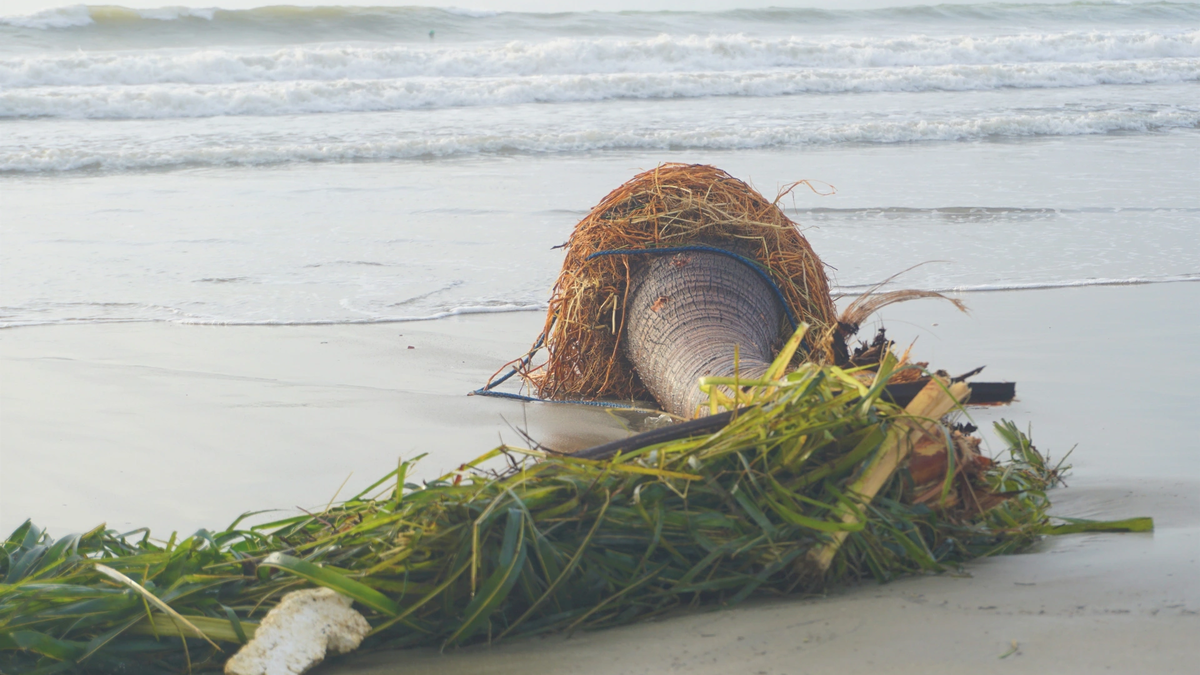
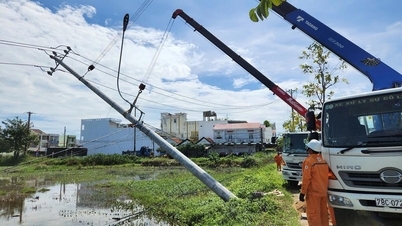

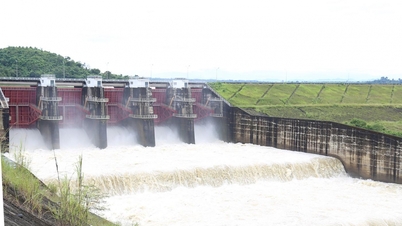
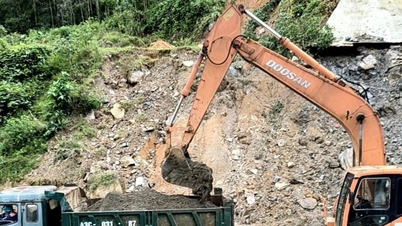

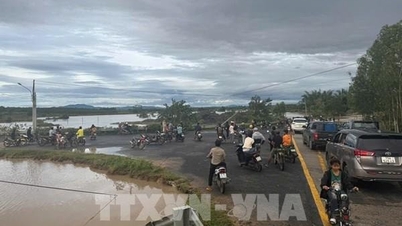

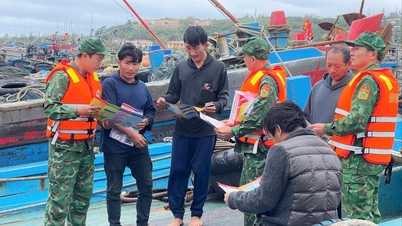









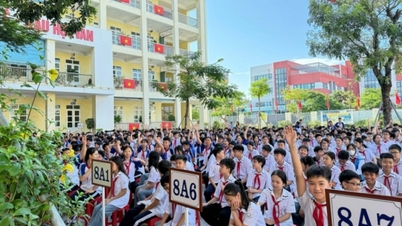
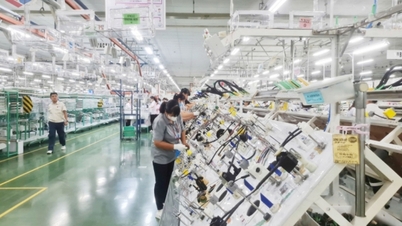
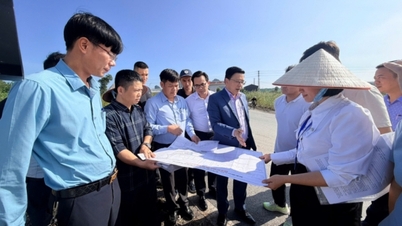











































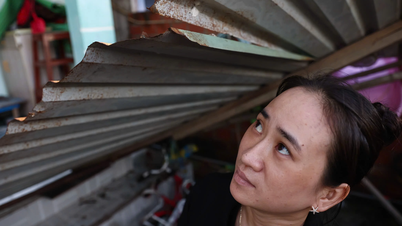



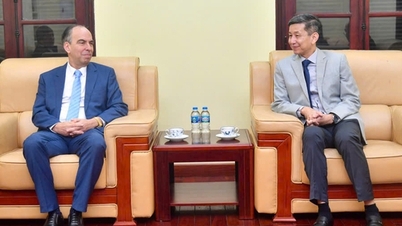
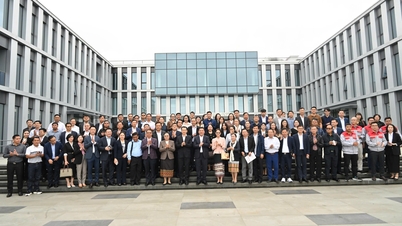


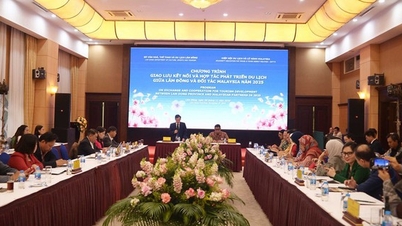
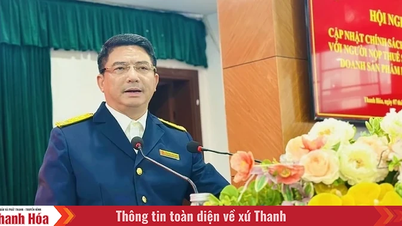








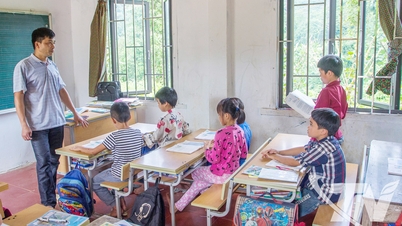



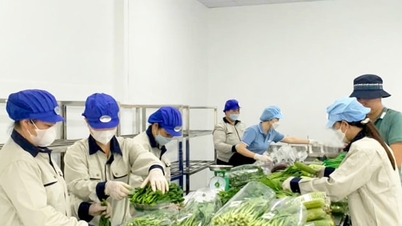












Comment (0)